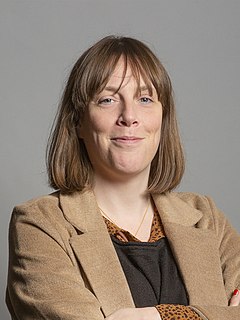A Quote by Beth Ditto
I've had people ask me in interviews what it's like to have money, but that's not how it is. I have a middle-class life. I have a room in London but not a house, nor a BMW.
Related Quotes
Because I sometimes shopped in Waitrose, I thought I was actually quite posh. I've realised that I'm basically a scullery maid. Even the middle-class people who I meet in parliament, people who live in London - which I think is remarkable because how can anybody afford to live there - seem much, much more middle class than me.
The Democrats tell all the poor people and all of the middle class that they're only where they are 'cause the rich have cheated them, exploited them, or stolen all their money. The way they're gonna make it equal is to take from those people who have just won life's lottery, the premise being that the poor and the rich and the middle class are gonna get the money.
The government decides to try to increase the middle class by subsidizing things that middle class people have: If middle-class people go to college and own homes, then surely if more people go to college and own homes, we’ll have more middle-class people. But homeownership and college aren’t causes of middle-class status, they’re markers for possessing the kinds of traits — self-discipline, the ability to defer gratification, etc. — that let you enter, and stay, in the middle class. Subsidizing the markers doesn’t produce the traits; if anything, it undermines them.



































